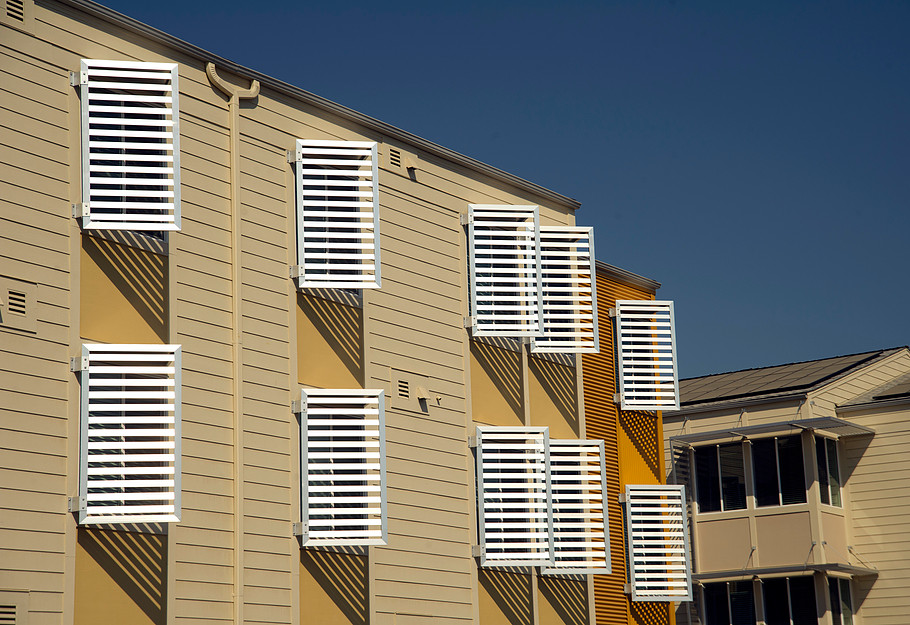

When it comes to new construction, the savings can be even greater. RMI research from late last year found that across seven cities in vastly different climates, it was always cheaper to build an all-electric home than its mixed-fuel counterpart. With new construction, the cost of extending gas lines (usually in the $5,000 to $10,000 range) can be completely avoided. New homes can also be set up with a single heat pump system for heating and cooling, which is hugely energy-efficient compared to more traditional infrastructure. When it comes to new construction, the savings can be even greater. RMI research from late last year found that across seven cities in vastly different climates, it was always cheaper to build an all-electric home than its mixed-fuel counterpart. With new construction, the cost of extending gas lines (usually in the $5,000 to $10,000 range) can be completely avoided. New homes can also be set up with a single heat pump system for heating and cooling, which is hugely energy-efficient compared to more traditional infrastructure. When it comes to new construction, the savings can be even greater. RMI research from late last year found that across seven cities in vastly different climates, it was always cheaper to build an all-electric home than its mixed-fuel counterpart. With new construction, the cost of extending gas lines (usually in the $5,000 to $10,000 range) can be completely avoided. New homes can also be set up with a single heat pump system for heating and cooling, which is hugely energy-efficient compared to more traditional infrastructure.

When it comes to new construction, the savings can be even greater. RMI research from late last year found that across seven cities in vastly different climates, it was always cheaper to build an all-electric home than its mixed-fuel counterpart. With new construction, the cost of extending gas lines (usually in the $5,000 to $10,000 range) can be completely avoided. New homes can also be set up with a single heat pump system for heating and cooling, which is hugely energy-efficient compared to more traditional infrastructure. When it comes to new construction, the savings can be even greater. RMI research from late last year found that across seven cities in vastly different climates, it was always cheaper to build an all-electric home than its mixed-fuel counterpart. With new construction, the cost of extending gas lines (usually in the $5,000 to $10,000 range) can be completely avoided. New homes can also be set up with a single heat pump system for heating and cooling, which is hugely energy-efficient compared to more traditional infrastructure. When it comes to new construction, the savings can be even greater. RMI research from late last year found that across seven cities in vastly different climates, it was always cheaper to build an all-electric home than its mixed-fuel counterpart. With new construction, the cost of extending gas lines (usually in the $5,000 to $10,000 range) can be completely avoided. New homes can also be set up with a single heat pump system for heating and cooling, which is hugely energy-efficient compared to more traditional infrastructure.

Lorem ipsum dolor sit amet, consectetur adipiscing elit. Ut elit tellus, luctus nec ullamcorper mattis, pulvinar dapibus leo.

Lorem ipsum dolor sit amet, consectetur adipiscing elit. Ut elit tellus, luctus nec ullamcorper mattis, pulvinar dapibus leo.
GreenPoint Rated is a credible and accessible pathway to prove homes are built to trusted environmental standards.
[email protected]
Sign up to our Newsletter